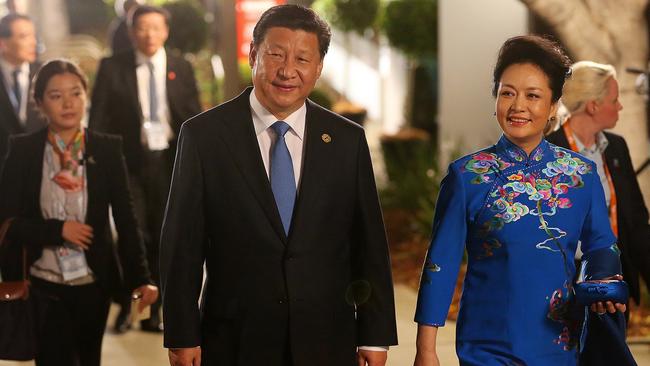Services exports to boom under FTA
AUSTRALIAN hotel, tourism, health and aged care companies will win the right to invest directly in China under a free trade deal.

AUSTRALIAN hotel, tourism, health and aged care companies will win the right to invest directly in Chinese operations under the free trade deal to be clinched today in Canberra.
The Australian has learned that the $6.9 billion in services exports to China are expected to expand, with tourism and hotel operators granted the ability to control, renovate and operate wholly owned Australian hotels and restaurants in China.
The healthcare and aged care industry will gain significant new potential opportunities with wholly owned Australian private hospitals and aged care facilities able to open up in China.
The FTA will cut tariffs of up to 50 per cent on Australia’s manufactured exports to China.
The four-year tariff phase-outs include pharmaceutical and health products, which produce $559 million in exports and face tariffs of 5-10 per cent; car engines worth $102m in exports and facing tariffs of 10 per cent; plastics, with exports of $96m and tariffs of 4 to 14 per cent; and diamond exports worth $45m, which face tariffs of 3 to 8 per cent.
Under the deal, the third negotiated this year by Trade Minister Andrew Robb, legal firms will gain their “best ever’’ access to the Chinese market.
As long as they establish operations in the Shanghai free-trade zone, they will be able to provide legal services to clients anywhere in China.
Transport operators will also be allowed to conduct business in China from the Shanghai free trade zone, as will Australian ship suppliers.
Banks and financial services companies will gain new commercial opportunities with streamlined and more transparent approval processes and the application time to trade in Chinese currency will be reduced from three years to one year.
Software firms, real estate businesses, environmental firms and printing and packaging firms will gain increased access to the Australian market.
Architectural and urban planning qualifications will be mutually recognised.
The education sector, which earns $4bn in exports from China, will also receive a boost.
Under the deal, China has agreed to increase from 77 to 105 the number of Australian institutions that are promoted to Chinese students. Discussions will continue on increasing that number.
With the deal expected to involve tariff cuts on Chinese imports into Australia, Australian Industry Group chief executive Innes Willox said manufacturers had “mixed feelings’’ about the pending free trade agreement.
“Many are hopeful that an FTA will help them meet their export and investment ambitions by making the large Chinese market more accessible and less of a risk to their intellectual property.
“Others are looking forward to boosting the competitiveness of domestic manufacturing by allowing them to source cheaper inputs from China.
“However, many also are nervous about the serious risks of a sudden loss of competitiveness and greater exposure to unfair competition in the domestic market,’’ Mr Willox said.
He called for greater efforts to help small and medium enterprises to access FTAs.
Mr Willox said manufacturers wanted adequate transition arrangements for tariff cuts.
They wanted adequate anti-dumping protections against unfair competition; progress on removing non-tariff barriers to trade with China; protection for Australian intellectual property; and ensuring full and fair opportunities for local suppliers to participate in domestic projects.


